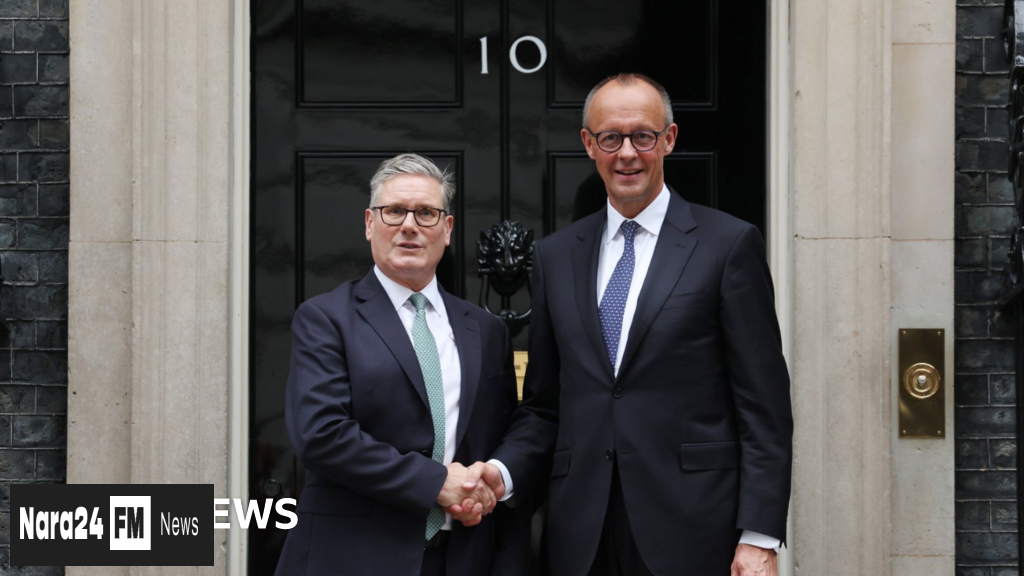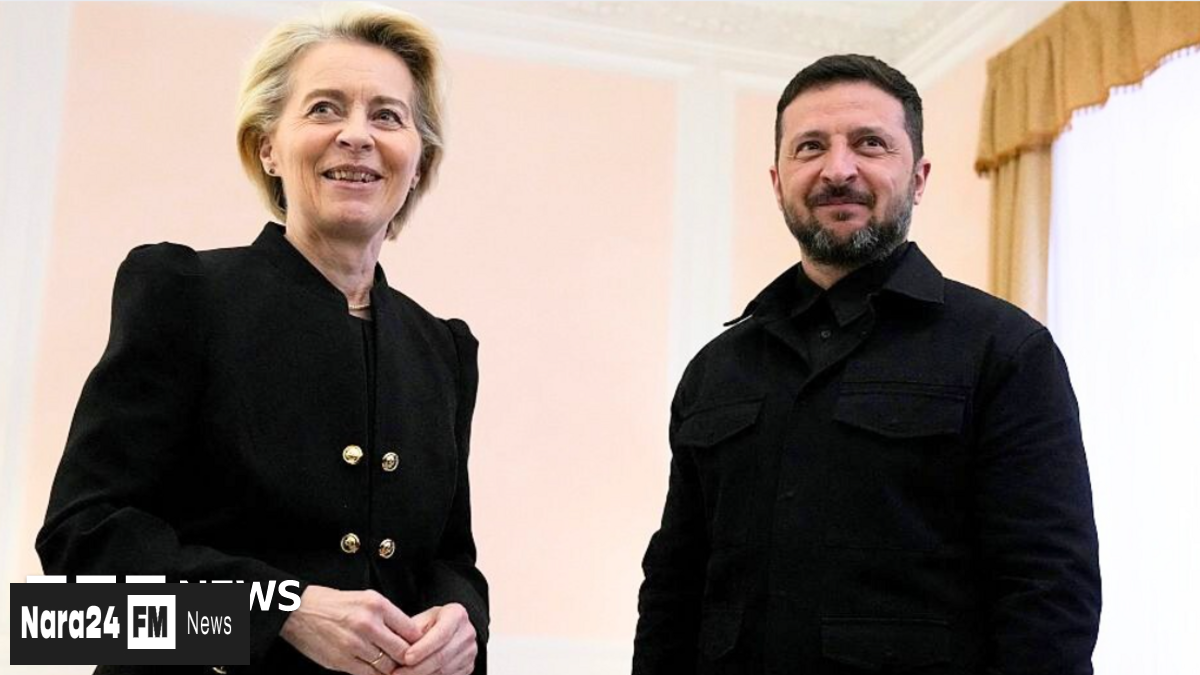In This Article
- Introduction of Direct Train Route
- Measures to Enhance Transportation Links
- Focus on Economic Cooperation
- Agreements on Defense and Security
- Crackdown on People Smuggling Activities
- Conclusion and Significance of the Treaty
Key Takeaways
- The UK and Germany are planning to establish a direct train route connecting London and Berlin following the Kensington Treaty formalization.
- The treaty includes measures such as e-gates for frequent travelers, school exchange visits, and streamlining border controls for long-distance rail services.
- The agreement aims to revolutionize travel by offering a faster, more convenient, and eco-friendly alternative to air travel between the two capitals.
- Both countries have committed to boosting commercial investments exceeding £200 million, creating over 600 new jobs, and establishing a UK-Germany Business Forum for economic cooperation.
- The treaty also covers defense and security cooperation, including joint military equipment exports and efforts to combat people smuggling activities.
Following the formalization of the Kensington Treaty between the UK and Germany, plans are underway to establish a direct train route connecting London and Berlin. This landmark agreement, signed during German Chancellor Friedrich Merz's first official visit to the UK, signals a significant step towards enhancing transportation links between the two nations.
The treaty encompasses a range of measures aimed at fostering closer ties between the UK and Germany. In addition to the direct rail link, the agreement includes the introduction of e-gates for frequent travelers starting next month, along with facilitating school exchange visits.
One of the key objectives of the treaty is to streamline border and security controls to enable long-distance rail passenger services between the two capitals. Transport Secretary Heidi Alexander expressed optimism about the potential of the new rail link, suggesting it could offer a viable alternative to air travel in the coming years.
Heidi Alexander stated, "We're pioneering a new era of European rail connectivity and are determined to put Britain at the heart of a better-connected continent. The direct connection between London and Berlin has the potential to revolutionize travel, offering a faster, more convenient, and eco-friendly option for millions of passengers."
During the signing ceremony at the Victoria and Albert Museum in Kensington, UK Prime Minister Sir Keir Starmer described the treaty as a testament to the strong relationship between the two countries and an expression of their shared commitment to closer collaboration.
Besides transportation enhancements, the treaty also focuses on boosting commercial investments between the UK and Germany. Both nations have announced investments exceeding £200 million, expected to generate over 600 new jobs. Additionally, a new UK-Germany Business Forum has been established to further promote economic cooperation.
The treaty also addresses defense and security matters, with agreements on supporting Ukraine and joint military equipment exports. The UK and Germany have agreed on the co-production and export of military assets like Boxer armored vehicles and Typhoon jets, which is anticipated to result in substantial defense exports in the coming years.
Furthermore, the treaty emphasizes cracking down on people smuggling activities. Chancellor Merz has committed to amending German laws to criminalize the facilitation of illegal migration to the UK by the end of the year, aligning with efforts to disrupt illegal Channel crossings.
Overall, the new UK-Germany treaty marks a significant milestone in strengthening bilateral relations, enhancing transportation connectivity, fostering economic cooperation, and bolstering security measures between the two nations.








Comments (0)
Leave a Comment
Be the first to comment on this article!